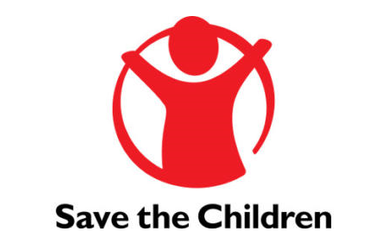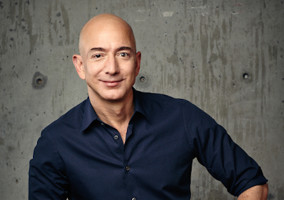Save the Children has recognised that the climate crisis represents an existential threat to its mission, its director of policy said yesterday.
Kirsty McNeill, executive director of policy, advocacy and campaigns at Save the Children, was speaking at a debate hosted by the think tank NPC about how charities should respond to climate change.
She said that Save the Children is currently halfway through its three-year strategy.
At the beginning of the strategy period, it established three global objectives, which are that no child dies from preventable disease, every child gets access to a quality education, and every child is protected from violence.
She said that tackling climate change “doesn't sit on a par” with those goals, but said: “What we have realised as we implement our strategy is that one of the biggest barriers to success on each of those, is climate”.
McNeill added: “So it doesn't exist as a standalone pillar in our strategy. But as we have gone to implement, we've realised we smack up against this again and again and again.”
Steps for charities
McNeill said it is important to change how you think about the climate issue if you are going to be able to keep a sustained focus on it. “The first big mindset shift we made at Save the Children was going from thinking about this as just another topic, to thinking about this as an existential threat to our mission.”
She explained: “We think of this as an existential threat to our mission because it cuts across children's rights to health, education and protection. It changed how everybody in the organisation thinks about mainstreaming this into their planning as they're thinking about risk. So that mindset shift, I think, is a necessary precondition for anything that we've gone on to achieve,”
The next step is to take action and make changes.
McNeill said: “We cannot just change what we think, we have to change what we do.
I've often said that self-righteousness is the original sin of the social sector. So we are extremely good at pointing out the flaws in other people and other organisations, and telling them when we are disappointed, or when they have fallen short, because advocacy and campaigning is in our DNA as a fixture – that often involves setting bars and encouraging others to get across them.
“But what that can lead to is a sense in the charity sector that all we can do is ask of others, or actually we have limited agency. And it's just not true,” she explained.
She added: “If you look at the assets both financial and human of our sector, there is a huge amount we can do without asking permission for or receiving consent from anybody else.”
McNeill is encouraging other charities to “think about every single bit of your organisation and see if you can make some changes”.
For Save the Children that has meant that when it sets up a new refugee camp, it thinks about what it is doing about land use to make sure that it is sustainable. Or when marketing for Christmas Jumper Day, the charity's biggest fundraising day of the year, it encourages people to wear or buy pre-loved items.
Related articles












